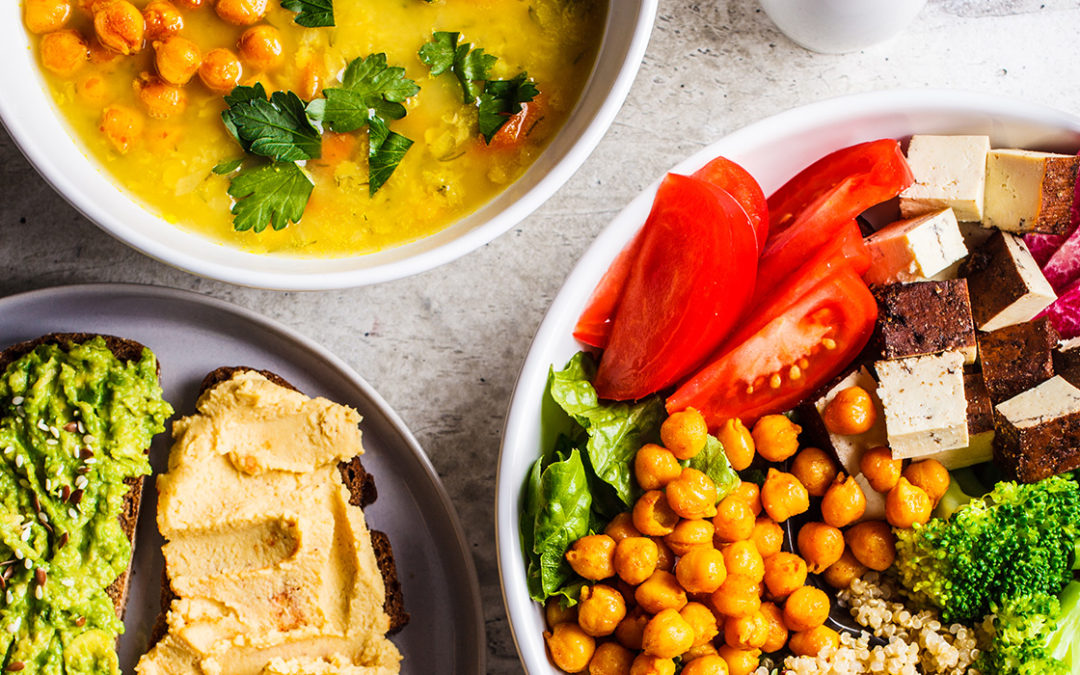A balanced diet gives your body all the nutrients it needs to function correctly.
A balanced diet is a diet that contains a variety of foods in certain quantities and proportions so that the requirement for calories, proteins, minerals, vitamins, and alternative nutrients is adequate, noting a small provision of nutrients is held in reserve for those occasions when we go hungry!
A healthy diet is a diet that helps maintain or improve your overall health. A healthy diet provides the body with essential nutrition, fluid, macronutrients, micronutrients, and adequate food energy.
WHY A BALANCED DIET IS IMPORTANT?
A balanced diet supplies the nutrients your body needs to work effectively. Without balanced nutrition, your body is more prone to disease, infection, fatigue, and low performance.
Children who don’t get enough healthy foods may face growth and developmental problems, poor academic performance, and frequent infections. They can also develop unhealthy eating habits that may persist into adulthood.
Without exercise, children also have a higher risk of obesity and various diseases that make up metabolic syndrome, such as type 2 diabetes and high blood pressure.
PUTTING IT ALL TOGETHER
A healthy diet will combine all the nutrients and foods groups mentioned above, but you need to balance them, too. A handy way to remember how much of each food group to eat is the plate method. The “Choose My Plate” initiative recommends:
- Filling half your plate with fruits and vegetables
- Filling just over one quarter with grains
- Filling just under one quarter with protein foods
- Adding dairy on the side (or a non-dairy replacement).
Keep in mind this is generic and individual needs will vary. Always consult a nutritionist / GP if you are unsure.

